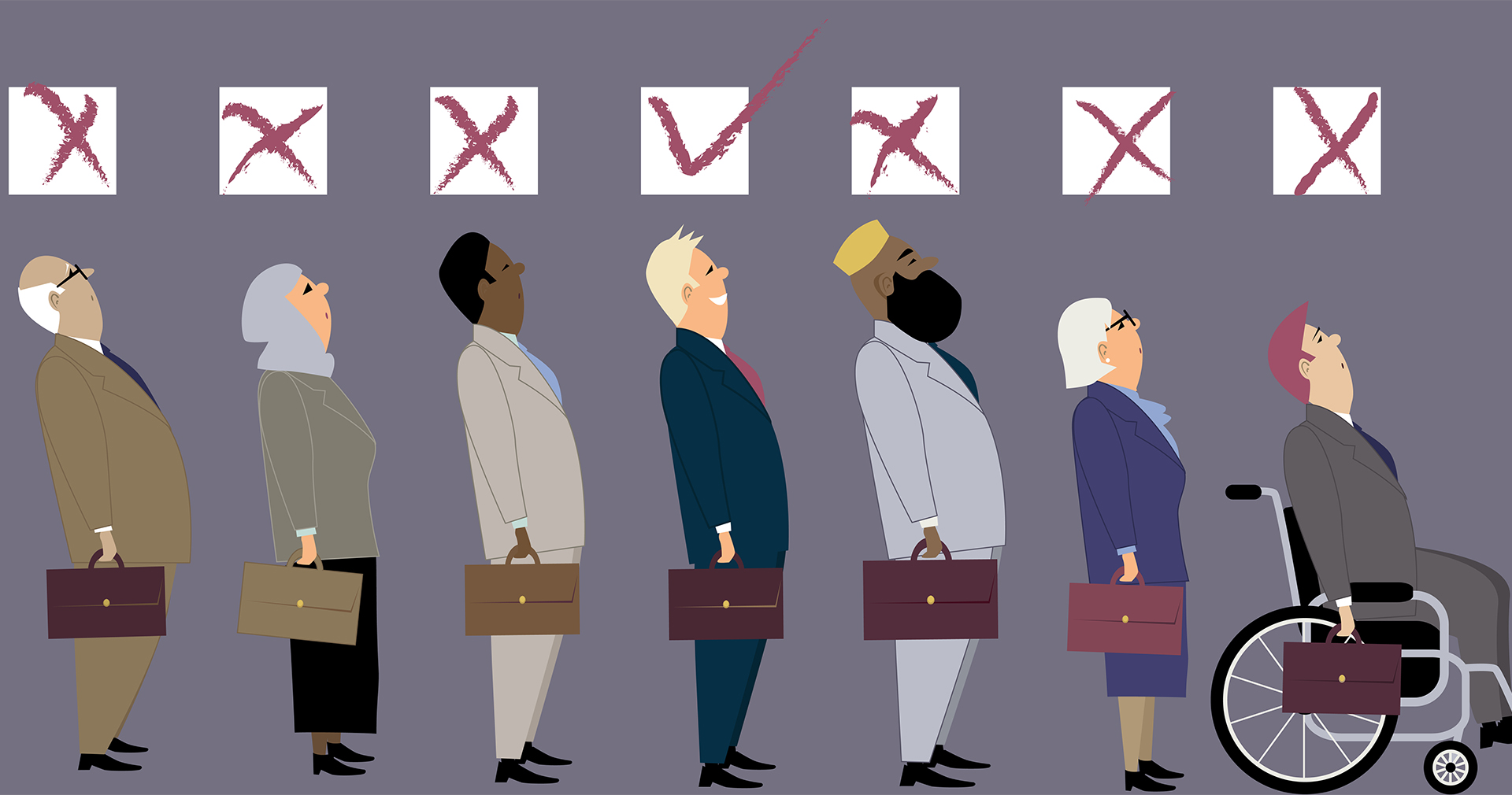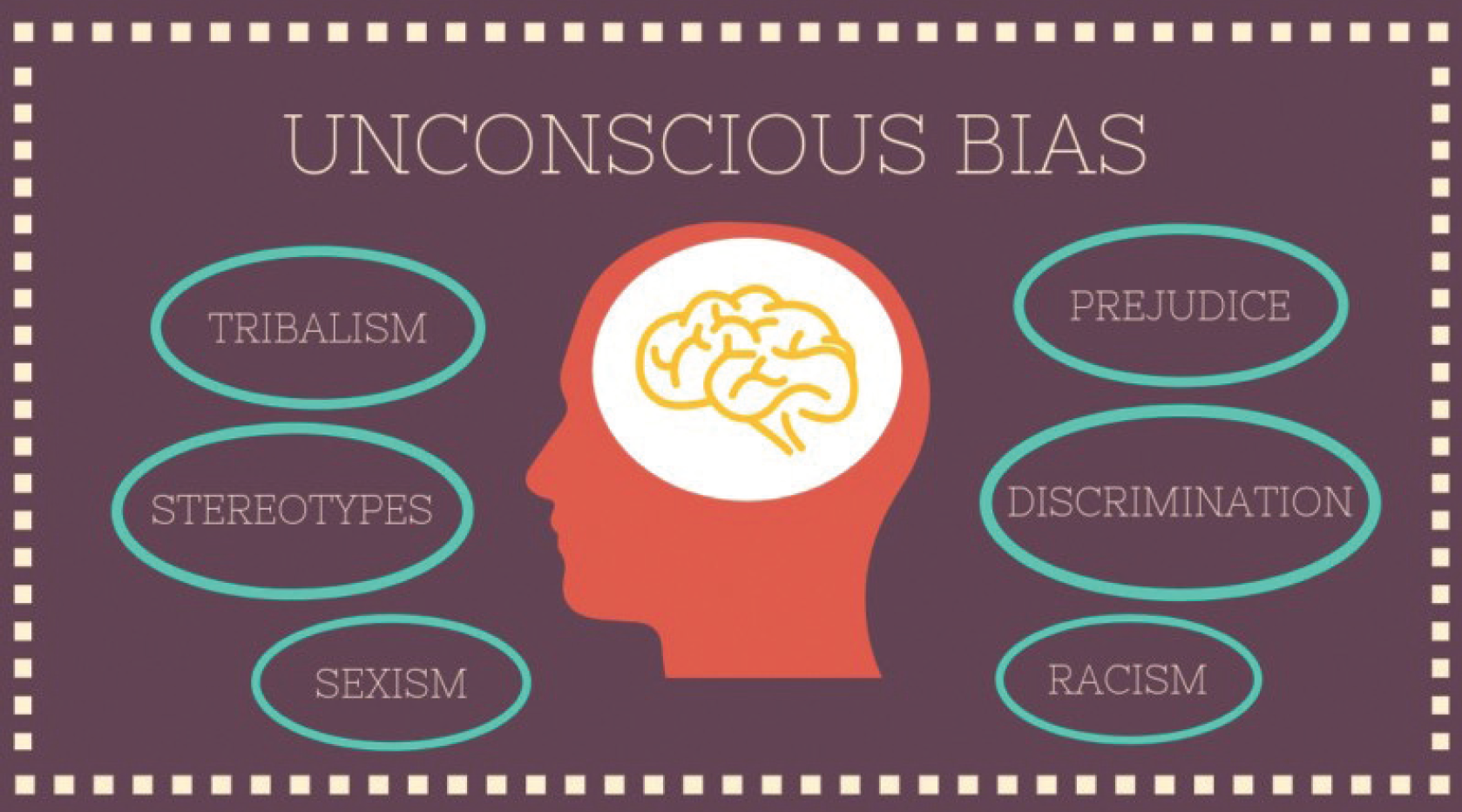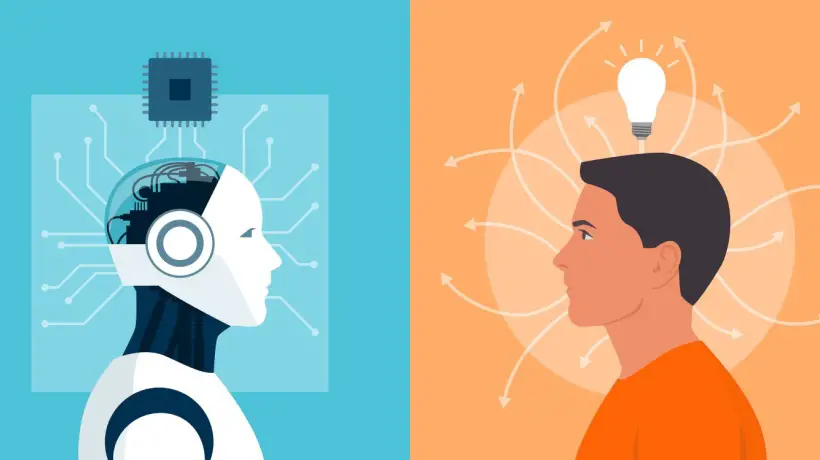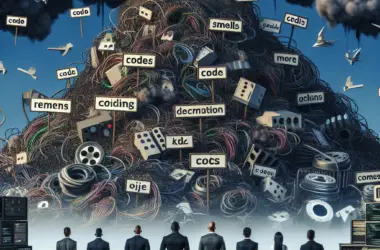The Challenge of AI Bias: Addressing Inequality and Discrimination

Artificial intelligence (AI) has the potential to revolutionize various aspects of our lives, from healthcare to finance and transportation. However, there is also a growing concern about the potential for AI to perpetuate or even exacerbate existing biases. AI systems are trained on data, and if this data is biased, the algorithms will also be biased. This can lead to unfair or discriminatory outcomes, such as AI-powered facial recognition systems misidentifying people of color or algorithms used in hiring decisions favoring certain demographic groups over others.

Addressing the challenge of AI bias is critical to ensuring that AI benefits all members of society fairly and equitably. Several steps can be taken to mitigate this risk:

-
Data Quality: Ensure that the data used to train AI systems is unbiased and representative of the population it is intended to serve. This may involve collecting data from diverse sources, cleaning data to remove bias, and using techniques to identify and mitigate biases in the data.
-
Algorithm Design: Design AI algorithms that are robust to biases in the data. This can involve using techniques such as regularization, dropout, and adversarial training. Additionally, algorithms should be evaluated for fairness on multiple metrics and across different demographic groups.
-
Transparency and Accountability: Make AI systems more transparent and accountable. This means providing documentation on how the system was developed, allowing users to understand how it makes decisions, and providing mechanisms for users to challenge biased or inaccurate outcomes.
-
Human Oversight and Regulation: Establish clear ethical guidelines and regulations for the development and deployment of AI systems. This may involve setting standards for data quality, algorithm design, and transparency, as well as establishing mechanisms for oversight and enforcement.
Addressing the challenge of AI bias is an ongoing process that requires collaboration among researchers, policymakers, industry leaders, and civil society organizations. By taking a proactive approach to mitigating bias, we can help ensure that AI benefits all members of society fairly and equitably.

